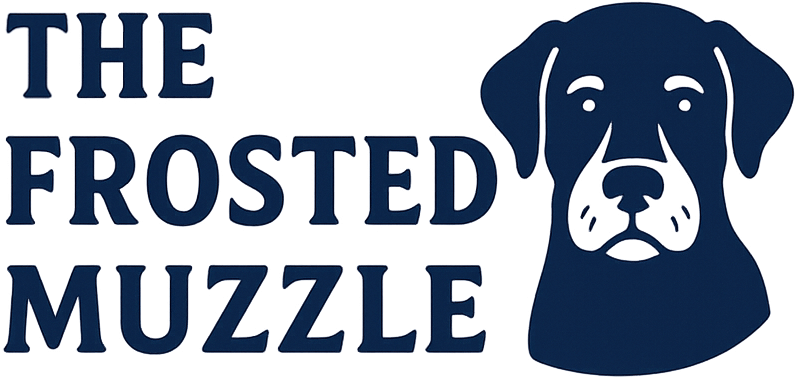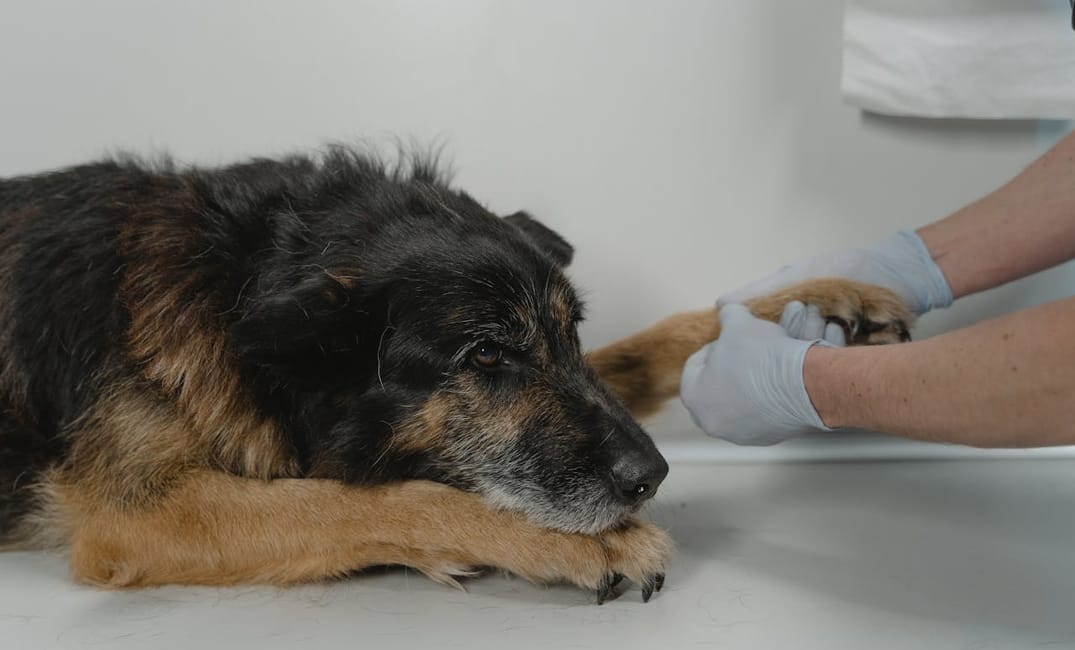Table of Contents
As dogs get older, their needs start to shift. That playful pup who used to chase tennis balls for hours might now prefer long naps in the sun. Senior dogs deserve just as much care and attention, if not more, as they age. A regular vet visit becomes more than a routine checkup; it’s your opportunity to ask thoughtful questions that can help your dog stay comfortable, healthy, and happy.
Here are 9 important questions to consider bringing up at your senior dog’s next vet appointment.
1. Is My Dog’s Weight Still Healthy?
Older dogs tend to gain or lose weight for a variety of reasons. Some slow down and pack on extra pounds, while others lose muscle mass due to aging or health conditions. Ask your vet whether your dog’s current weight is ideal for their age and breed, and if not, what changes you can make.
2. Are There Any Early Signs of Arthritis?
Joint pain is common in senior dogs, but it doesn’t always show up in obvious ways. Slower walks, hesitation to jump, or trouble getting up could be early signs. Your vet can perform a physical exam or suggest x-rays if needed. Catching arthritis early can help you manage your dog’s discomfort better.
3. Should We Do Bloodwork Today?
Routine blood tests can catch underlying issues before they become serious. Kidney function, liver enzymes, and thyroid levels are especially important to monitor in older dogs. If it’s been a while since your dog had bloodwork, it’s a good idea to check in.
4. How Are My Dog’s Teeth and Gums?
Dental health often takes a back seat, but it’s essential, especially in senior dogs. Gum disease and infected teeth can cause pain and even impact major organs. Ask your vet if a dental cleaning is needed or if they notice any red flags during the exam.
5. Is My Dog’s Behavior Normal for Their Age?
Sometimes, subtle changes in behavior, like confusion, anxiety, or disrupted sleep, might be dismissed as “just getting old.” But they could be signs of canine cognitive dysfunction or other treatable issues. Your observations at home matter. Share them with your vet.
6. Are There Diet Changes I Should Consider?
Aging dogs often need a shift in nutrition. They may require fewer calories, more fiber, or supplements like glucosamine. Ask your vet if it’s time to transition to a senior-specific formula or make other changes to support your dog’s health.
7. Should We Adjust Any Medications?
If your dog is already on meds, it’s important to review them regularly. Senior dogs may metabolize drugs differently, and some medications can interact with age-related conditions. Even if things seem fine, a medication check-in is always smart.
8. Are There Any Lumps or Bumps to Be Concerned About?
Aging often brings benign lumps and fatty deposits, but it’s never wise to assume. Point out any new or growing lumps, and ask if a biopsy or further testing is needed. Early detection can make all the difference.
9. What Can I Do to Support My Dog’s Quality of Life?
This open-ended question can lead to some of the most helpful advice. Your vet may suggest mobility aids, supplements, mental stimulation activities, or lifestyle tweaks that keep your dog feeling good in their golden years.
Your senior dog may not run as fast or jump as high, but their heart is just as full. Being proactive during vet visits helps you catch changes early and keep them thriving for as long as possible. Bring a notebook or use your phone to jot down answers, and never feel shy about asking questions, your dog’s comfort depends on it.

